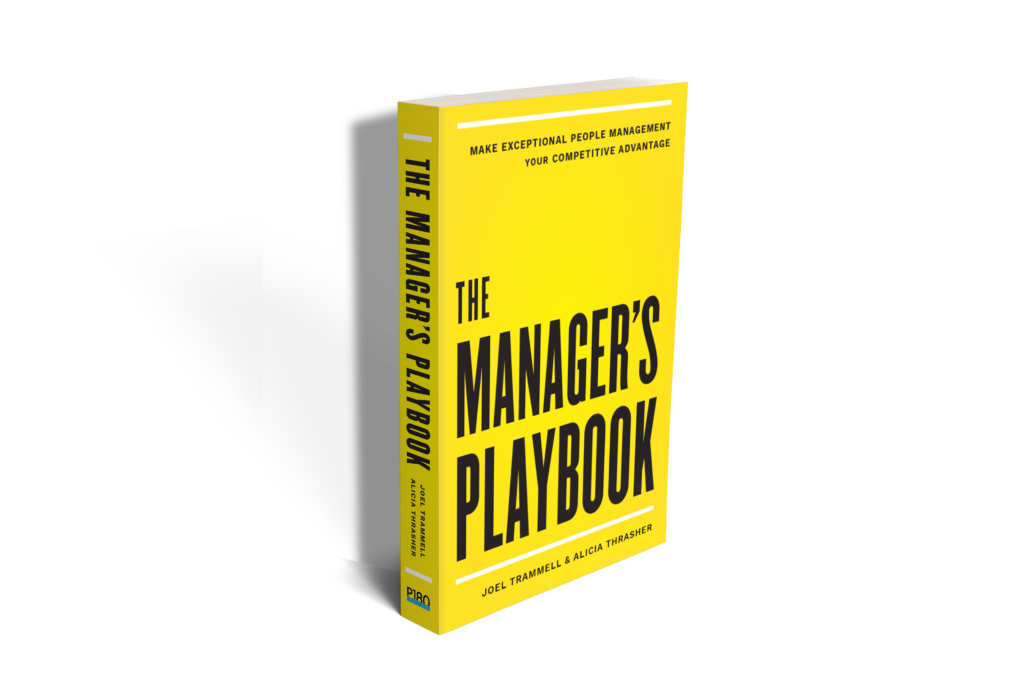Some of the best leaders are big readers.
Warren Buffett reads hundreds of pages per day. Elon Musk has said that books inspired him to found SpaceX. Mark Cuban spends up to five hours reading daily.
If you’re a manager, you can encourage your team to tap into the written wealth of knowledge by holding a book club. Why?
It’s a unique way to show you care about your team’s continuous learning.
Just as important, it’s a way to bond your team. The push and pull of a good book discussion helps people connect, share their beliefs and preferences, and gain new knowledge together. A company/team book club is also a nice perk that can draw driven, talented people to the company.
Oh yeah—it’s also pretty fun.
Here is my suggested process and some pointers for leading a great workplace book club:
- Crowdsource the book selection. The book will ideally be related to your team’s industry or function, or general business or personal development. (I’m not suggesting your team read Gone Girl.) If you don’t have a particular book in mind, let the team come up with a shortlist, then vote on what to read. Avoid super long or super technical books (unless your team is into that).
- Be mindful of reading preferences. Order copies for everyone in their preferred format: paper, ebook, audiobook. People tend to be REALLY committed to their reading style. Asking an audiobook person to read a hardcover won’t go well.
- Break up the reading. Break the book down into manageable chunks to have people read and discuss each week. Shorter is better. Everyone is busy. It’s fine if the book takes several months to get through.
- Schedule the sessions. I like to have the weekly book discussion right before the weekly team meeting, with a short break between. Depending on team size and the book, you may spend as little as 15 minutes or as much as 45 minutes on each session.
- In the discussion, be the leader. Bring in the more soft-spoken people so the extroverts don’t dominate. Also come to the meeting with a few questions to pose if the discussion starts off slow. If you surface a disagreement or difference of perspective, help people dig into it productively.
- Highlight practical takeaways every week. Each week, bring the focus back to whether anything in that week’s chapter/section should influence how the team does things. Is there an experiment you can try? A new tactic to use? Show people that the book club isn’t just a diversion but a way to tangibly grow and learn.
- Don’t stick with a dud. If you start a book with the team and by chapter 2 or 3 no one is getting much from it or liking it, don’t be ashamed of taking a vote to ditch it. Better to start on a new and more useful book than to fall prey to sunk-cost fallacy and frustrate employees every week.
One final note: I know of a great book for teams of managers to read together. It’s called The Manager’s Playbook, and I just happen to be the author. If your team does want to read it, let me know and I can set up an authors’ videochat with my coauthor, Joel!





